Home>Garden Essentials>What Does Rosehip Seed Oil Do
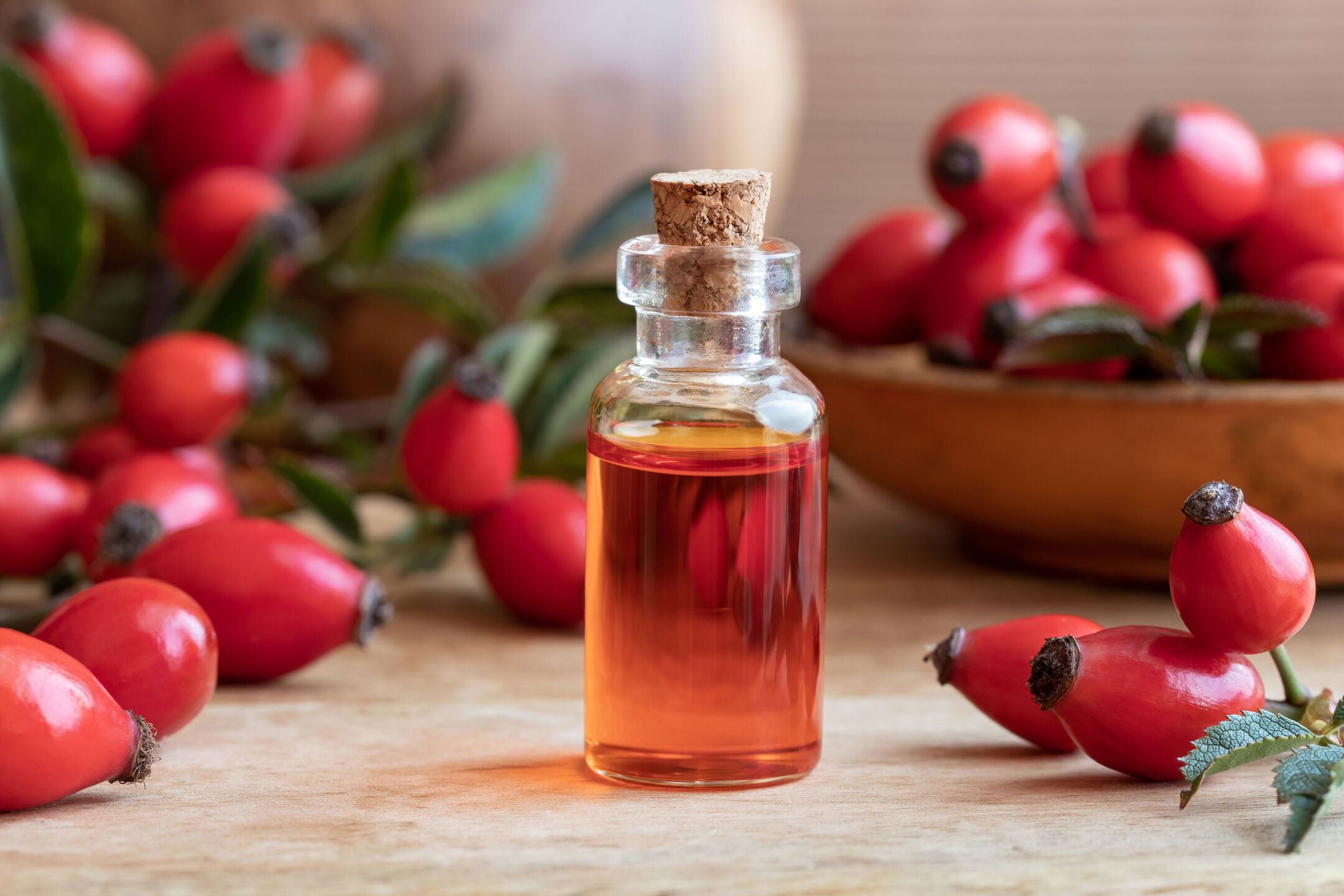

Garden Essentials
What Does Rosehip Seed Oil Do
Modified: March 16, 2024
Discover the amazing benefits of garden-sourced rosehip seed oil. Rejuvenate your skin and improve its elasticity with this natural beauty secret.
(Many of the links in this article redirect to a specific reviewed product. Your purchase of these products through affiliate links helps to generate commission for Storables.com, at no extra cost. Learn more)
Introduction
Welcome to the world of rosehip seed oil! This powerful botanical oil is derived from the seeds of the wild rose bush, scientifically known as Rosa canina. Rosehip seed oil has been used for centuries due to its numerous health and beauty benefits. Packed with vitamins, antioxidants, and essential fatty acids, this oil has gained popularity in the beauty and wellness industry for its ability to nourish and rejuvenate the skin.
Not only is rosehip seed oil a natural and sustainable ingredient, but it also offers a wide range of benefits for your skin. From reducing the appearance of scars and wrinkles to soothing inflammation and improving skin tone, this versatile oil is a must-have in any skincare routine. But its benefits don’t stop at skincare, as rosehip seed oil can also promote hair health and even provide relief for certain skin conditions.
In this article, we will explore the various benefits of rosehip seed oil, its different uses, how to incorporate it into your beauty regimen, and some important precautions to keep in mind. So, read on to discover how rosehip seed oil can transform your skincare routine and enhance your overall well-being.
Key Takeaways:
- Rosehip seed oil moisturizes, reduces scars, and boosts collagen. It’s a versatile elixir for skin and hair, offering protection against UV damage and soothing inflammation.
- Incorporate rosehip seed oil into your routine for glowing skin and healthy hair. Remember to do a patch test and consult a professional for any concerns.
Read more: How To Use Rosehip Seed Oil
Benefits of Rosehip Seed Oil
Rosehip seed oil is a powerhouse of nutrients that can work wonders for your skin and hair. Let’s delve into some of the remarkable benefits it offers:
- Moisturizes and Hydrates: Rosehip seed oil is rich in essential fatty acids, such as linoleic acid and linolenic acid, which help to moisturize and hydrate the skin. These fatty acids create a protective barrier on the skin, preventing moisture loss and leaving your skin feeling soft and supple.
- Reduces the Appearance of Scars and Stretch Marks: Thanks to its high content of vitamin A and vitamin C, rosehip seed oil can help fade scars, acne marks, and stretch marks over time. These vitamins encourage the regeneration of skin cells and improve the skin’s texture and elasticity.
- Boosts Collagen Production: Collagen is essential for maintaining youthful-looking skin, and rosehip seed oil can stimulate collagen synthesis. The vitamin C content in the oil aids in the production of collagen, which helps to improve skin firmness and reduce the appearance of wrinkles and fine lines.
- Calms Inflammation and Redness: With its anti-inflammatory properties, rosehip seed oil can soothe irritated and inflamed skin conditions such as eczema, psoriasis, and rosacea. The oil’s fatty acids also help to repair the skin’s natural barrier, reducing redness and promoting a healthier complexion.
- Protects Against UV Damage: Rosehip seed oil contains natural antioxidants, such as beta-carotene and lycopene, which offer protection against UV-induced damage. While it is not a substitute for sunscreen, incorporating rosehip seed oil into your skincare routine can provide an extra layer of defense against harmful UV rays.
- Improves Skin Tone and Brightens Complexion: Regular use of rosehip seed oil can help even out skin tone and brighten the complexion. Its vitamins and antioxidants help to fade dark spots and hyperpigmentation, resulting in a more radiant and glowing appearance.
- Nourishes and Strengthens Hair: Not limited to skincare, rosehip seed oil is also beneficial for your hair. Its vitamins and fatty acids nourish the scalp, promoting healthier hair growth. Additionally, the oil can help to tame frizz and add shine to dull and dry hair.
These are just a few of the incredible benefits that rosehip seed oil offers. Incorporating this natural potion into your daily skincare and haircare routine can truly transform your self-care ritual.
Uses of Rosehip Seed Oil
Rosehip seed oil is a versatile beauty elixir that can be incorporated into various aspects of your skincare and haircare routine. Let’s explore the different ways you can use this oil to harness its benefits:
- Facial Moisturizer: Warm a few drops of rosehip seed oil between your palms and gently massage it onto your face and neck. The oil absorbs quickly into the skin, leaving it moisturized and nourished. You can use it as a standalone moisturizer or mix it with your favorite face cream.
- Scar and Stretch Mark Treatment: Apply rosehip seed oil to areas with scars or stretch marks twice a day. Massage the oil in a circular motion to help improve the appearance over time.
- Serum Booster: Add a few drops of rosehip seed oil to your favorite serum to enhance its effectiveness. This can provide an extra boost of hydration and rejuvenation to your skincare routine.
- Under Eye Treatment: Gently dab a drop of rosehip seed oil under your eyes to hydrate the delicate skin and reduce the appearance of fine lines and dark circles. Be sure to use a light touch and avoid getting the oil directly in your eyes.
- Body Oil: Massage rosehip seed oil onto dry skin areas such as elbows, knees, and heels. The oil will deeply moisturize and nourish your body, leaving your skin soft and smooth.
- Hair and Scalp Treatment: To nourish your hair and promote a healthy scalp, massage a few drops of rosehip seed oil into your scalp and run it through the ends of your hair. Leave it on for a few hours or overnight before shampooing as usual.
- Cuticle Oil: Apply a drop of rosehip seed oil to your cuticles and gently massage it in. This will help moisturize and soften your cuticles, promoting healthier nail growth.
- Lip Balm: Create your own DIY lip balm by mixing a small amount of rosehip seed oil with shea butter or beeswax. This will moisturize and nourish your lips, keeping them soft and supple.
These are just a few of the many ways you can incorporate rosehip seed oil into your beauty routine. Feel free to get creative and experiment with different applications to find what works best for you.
Rosehip seed oil is rich in vitamins, antioxidants, and essential fatty acids, making it great for hydrating and nourishing the skin. It can help improve skin texture, reduce the appearance of scars and fine lines, and protect against environmental damage.
How to Use Rosehip Seed Oil
Using rosehip seed oil in your skincare and haircare routine is simple and straightforward. Follow these steps to incorporate this beneficial oil into your daily regimen:
- Cleansing: Start by cleansing your face thoroughly with a gentle cleanser to remove any dirt, makeup, or impurities.
- Toner: After cleansing, apply your preferred toner to balance the pH level of your skin and prepare it for the next step.
- Rosehip Seed Oil Application: Take a few drops of rosehip seed oil and warm it between your palms. Then, gently massage the oil onto your face and neck in circular motions. Pay extra attention to areas that need extra hydration or have scars or stretch marks.
- Extra Moisturization: If desired, you can follow up with your regular moisturizer or serum to lock in the benefits of the rosehip seed oil. Apply your moisturizer or serum on top of the oil and massage it in until fully absorbed.
- Repeat: Repeat this process in your morning and evening skincare routine to enjoy the full benefits of rosehip seed oil.
- Hair and Scalp Treatment: To use rosehip seed oil for your hair and scalp, start by sectioning your hair. Take a few drops of the oil and massage it into your scalp, focusing on areas that need extra nourishment. Then, run your fingers through the lengths of your hair to distribute the oil. Leave it on for a few hours or overnight before shampooing as usual.
- Body Care: For body care, apply rosehip seed oil directly onto dry skin areas or mix it with your body lotion or moisturizer for an extra boost of hydration.
- Other Uses: Feel free to experiment and explore other creative uses of rosehip seed oil, such as in DIY lip balms, cuticle oils, or as a massage oil.
Remember to always do a patch test before using rosehip seed oil for the first time to check for any potential allergic reactions. If you experience any irritation or discomfort, discontinue use immediately.
By following these simple steps, you can easily incorporate rosehip seed oil into your daily self-care routine and enjoy its many benefits for your skin and hair.
Side Effects and Precautions
While rosehip seed oil is generally safe for most people, it’s important to be aware of potential side effects and take necessary precautions:
- Allergic Reactions: Some individuals may be allergic to rosehip seed oil. Before using it for the first time, perform a patch test on a small area of your skin. If you experience redness, itching, or any other adverse reaction, discontinue use immediately.
- Photosensitivity: Although rosehip seed oil offers some natural sun protection, it cannot replace the need for proper sunscreen. If you plan to spend extended periods in the sun, you should still apply a broad-spectrum sunscreen to protect your skin from harmful UVA and UVB rays.
- Interactions with Medications: If you are taking any medications or have underlying health conditions, it’s essential to consult with a healthcare professional before incorporating rosehip seed oil into your routine. Some medications, such as anticoagulants, may interact with the oil and cause adverse effects.
- Pregnancy and Breastfeeding: While rosehip seed oil is generally considered safe during pregnancy and breastfeeding, it’s always best to consult with your healthcare provider before using it. They will be able to provide personalized advice based on your specific situation.
- Quality and Purity: It’s crucial to choose high-quality rosehip seed oil from reputable sources to ensure its purity and efficacy. Look for cold-pressed, organic oils that are free from additives or synthetic ingredients.
- Storage: To maintain its freshness and potency, store your rosehip seed oil in a cool, dark place away from direct sunlight. Exposure to heat and light can degrade the oil and reduce its efficacy.
- Consultation: If you have any concerns or questions regarding the use of rosehip seed oil, it’s always a good idea to consult with a skincare professional or a licensed aromatherapist.
As with any new skincare or haircare product, it’s important to listen to your body and observe how it reacts to rosehip seed oil. Everyone’s skin is unique, so what works for others may not work for you. If you experience any unusual or severe side effects, discontinue use and seek medical attention.
By being informed and taking necessary precautions, you can safely enjoy the many benefits of rosehip seed oil for your skin and hair.
Read more: What Does Flax Seed Oil Do
Conclusion
Rosehip seed oil is truly a remarkable botanical oil that offers a multitude of benefits for your skin and hair. From its moisturizing and anti-aging properties to its ability to heal scars and improve skin tone, this oil has become a staple in the beauty and wellness industry.
By incorporating rosehip seed oil into your skincare routine, you can nourish and hydrate your skin, reduce the appearance of scars and stretch marks, and promote a more youthful complexion. Additionally, its antioxidant content offers protection against UV damage and helps to soothe inflammation and redness.
Not limited to skincare, rosehip seed oil can provide benefits for your hair as well. It nourishes the scalp, promotes healthier hair growth, and adds shine to dull and dry hair.
As with any skincare product, it’s important to be aware of potential side effects and take necessary precautions. Perform a patch test before using rosehip seed oil for the first time and consult with a healthcare professional if you have any underlying health conditions or are taking medications.
Choose high-quality rosehip seed oil and incorporate it into your skincare routine by using it as a facial moisturizer, scar and stretch mark treatment, or serum booster. You can also use it as a hair and scalp treatment, body oil, or in DIY lip balms and cuticle oils.
Remember, everyone’s skin is unique, so it may take some trial and error to find the best way to incorporate rosehip seed oil into your routine. Listen to your body, observe how your skin reacts, and make adjustments accordingly.
With its incredible benefits and versatile uses, rosehip seed oil is an invaluable addition to any beauty regimen. So why wait? Begin your journey with rosehip seed oil today and experience the transformative power of this natural elixir.
Frequently Asked Questions about What Does Rosehip Seed Oil Do
Was this page helpful?
At Storables.com, we guarantee accurate and reliable information. Our content, validated by Expert Board Contributors, is crafted following stringent Editorial Policies. We're committed to providing you with well-researched, expert-backed insights for all your informational needs.
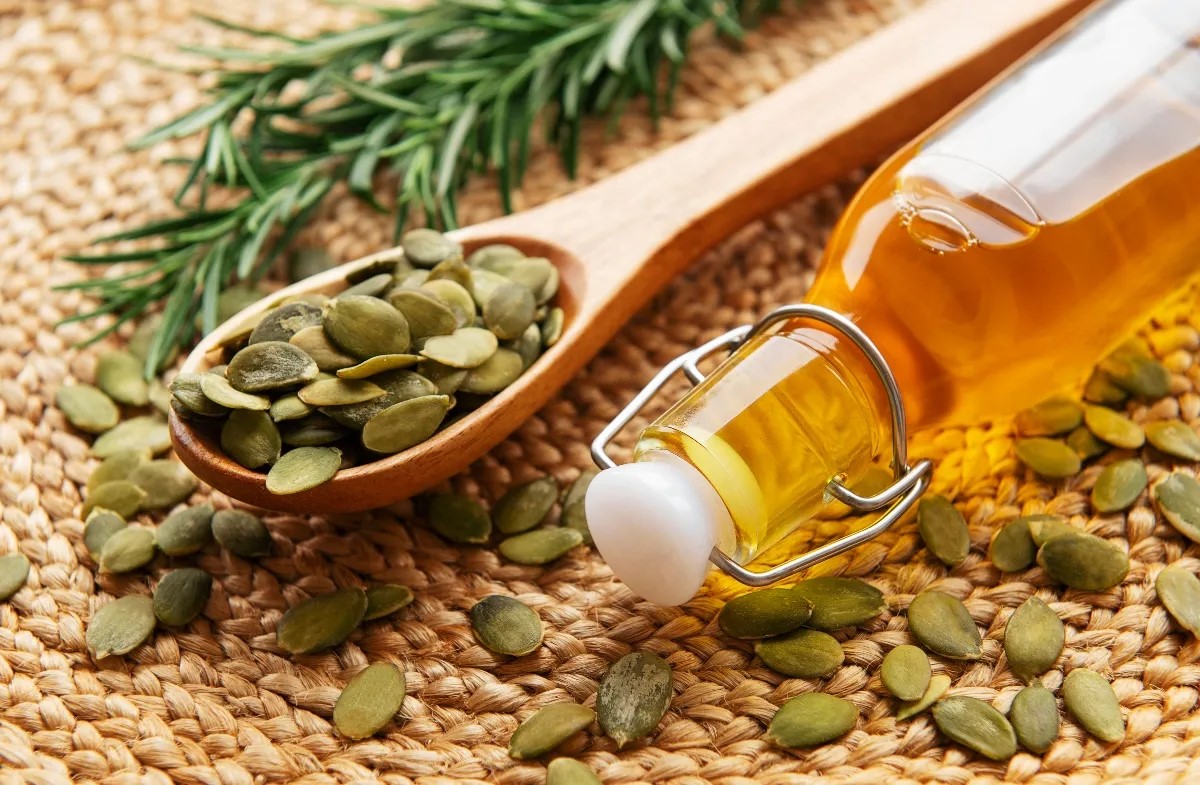
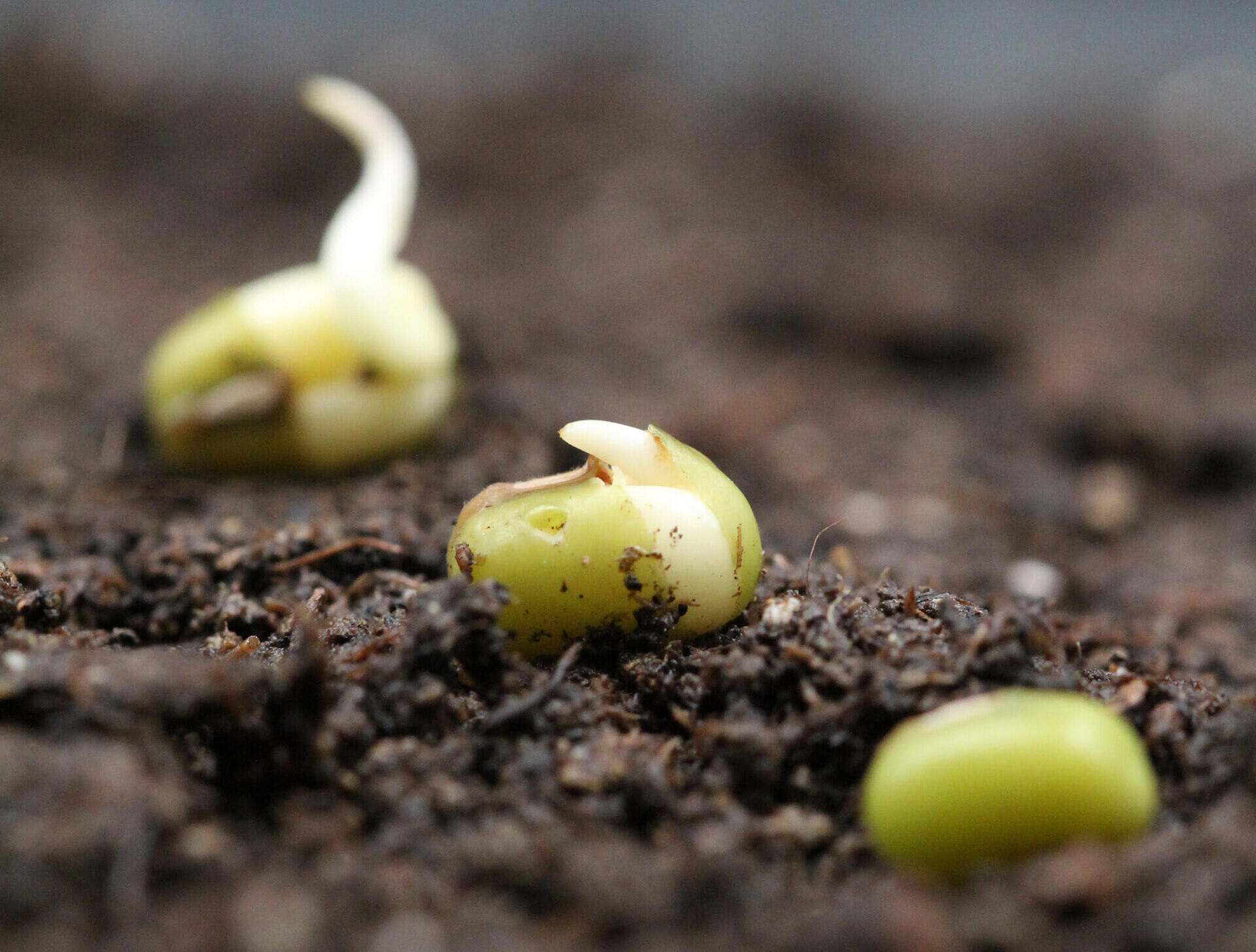
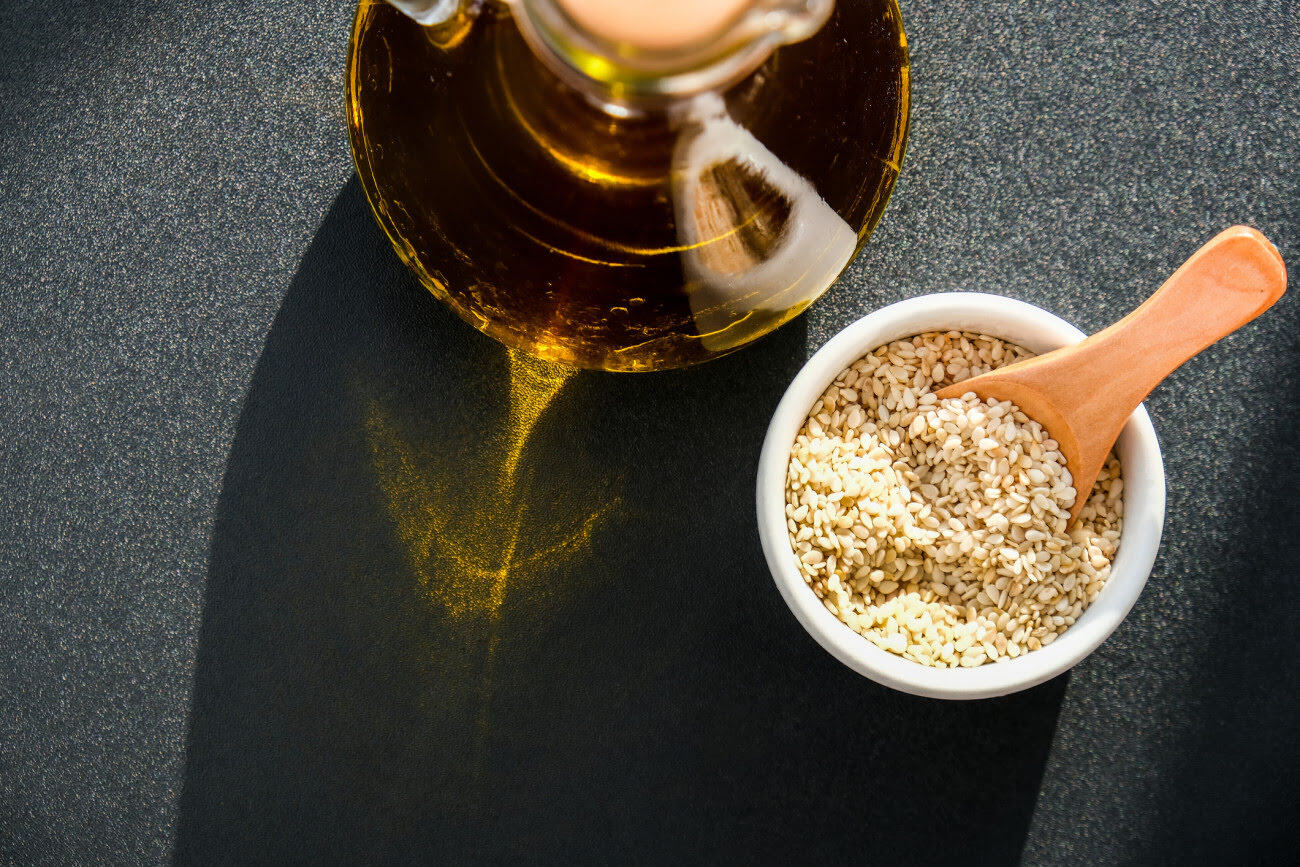

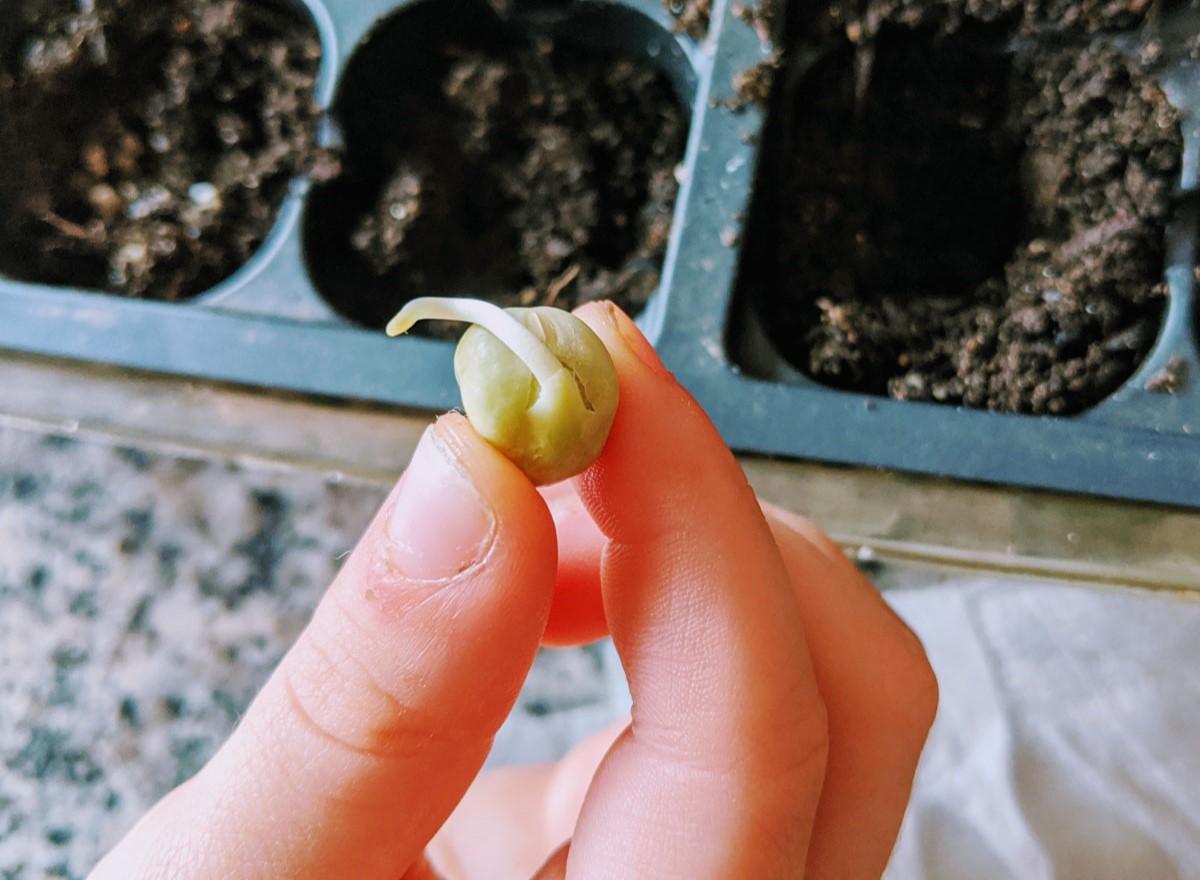


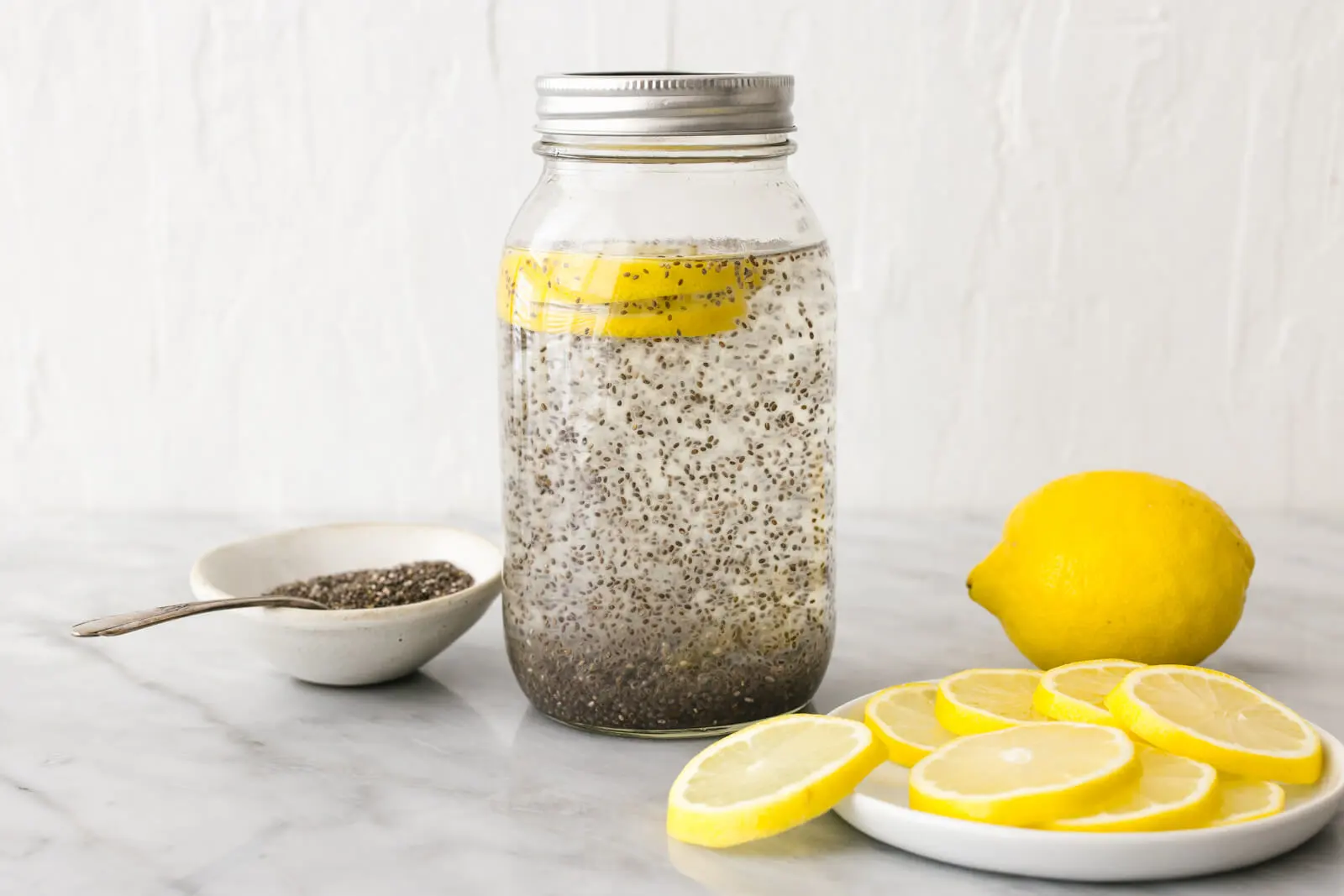

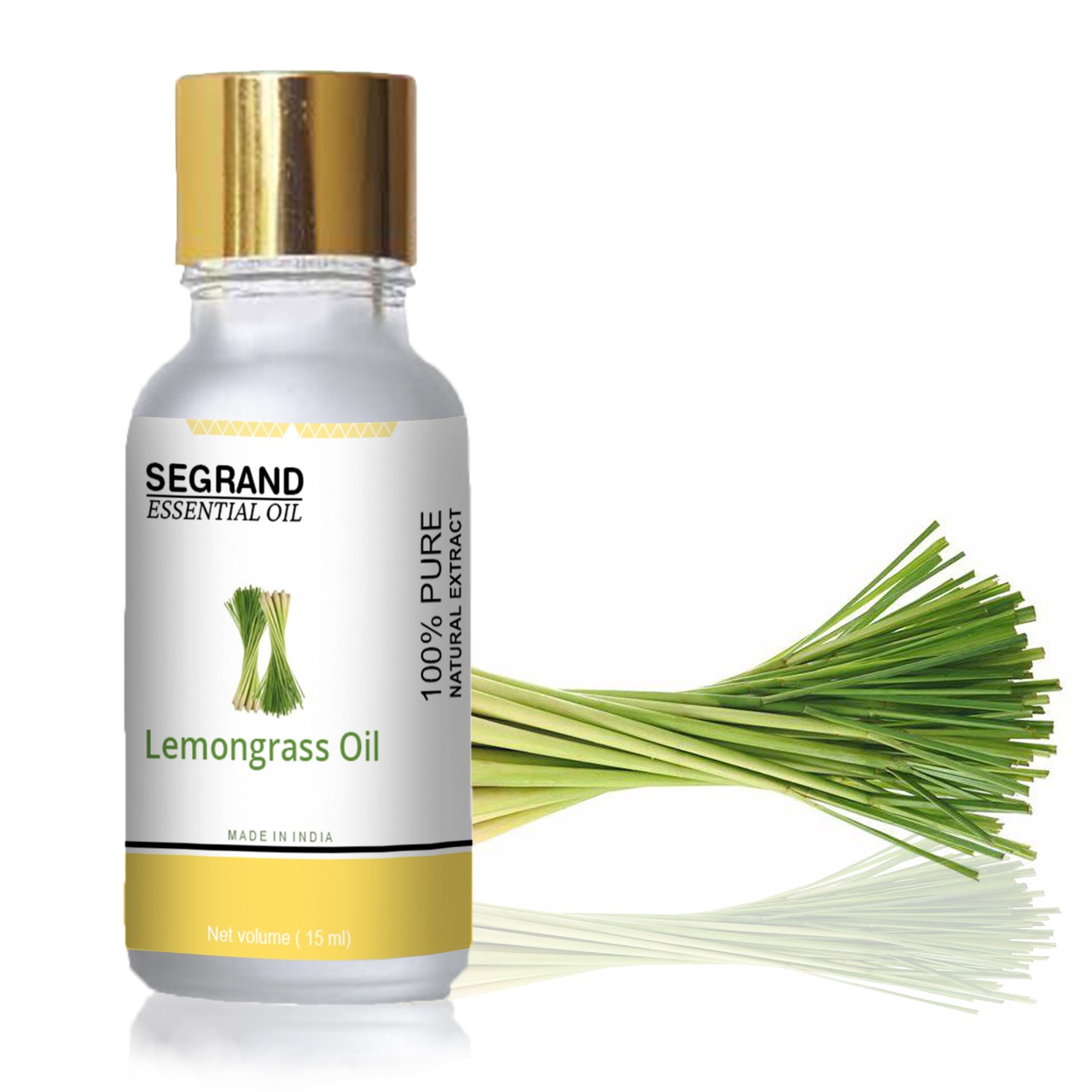
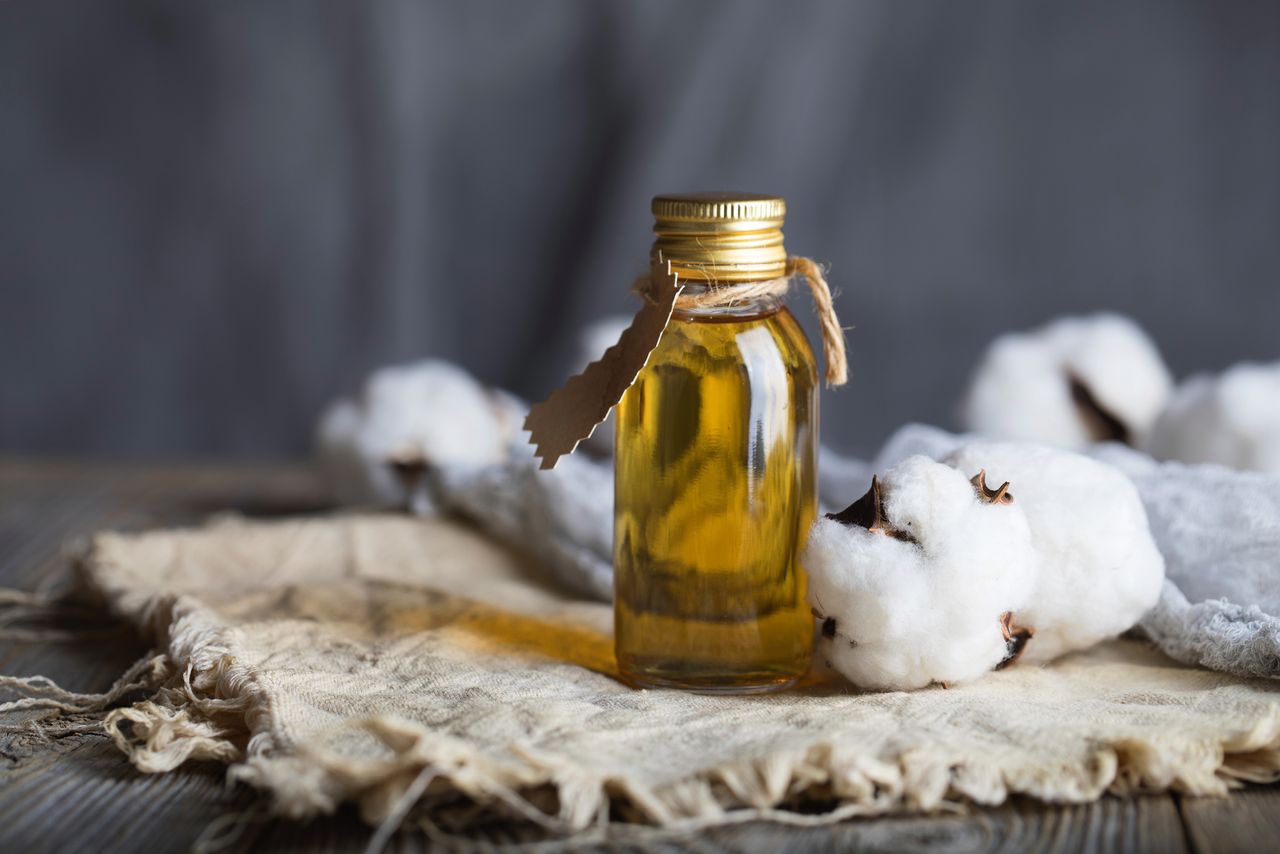
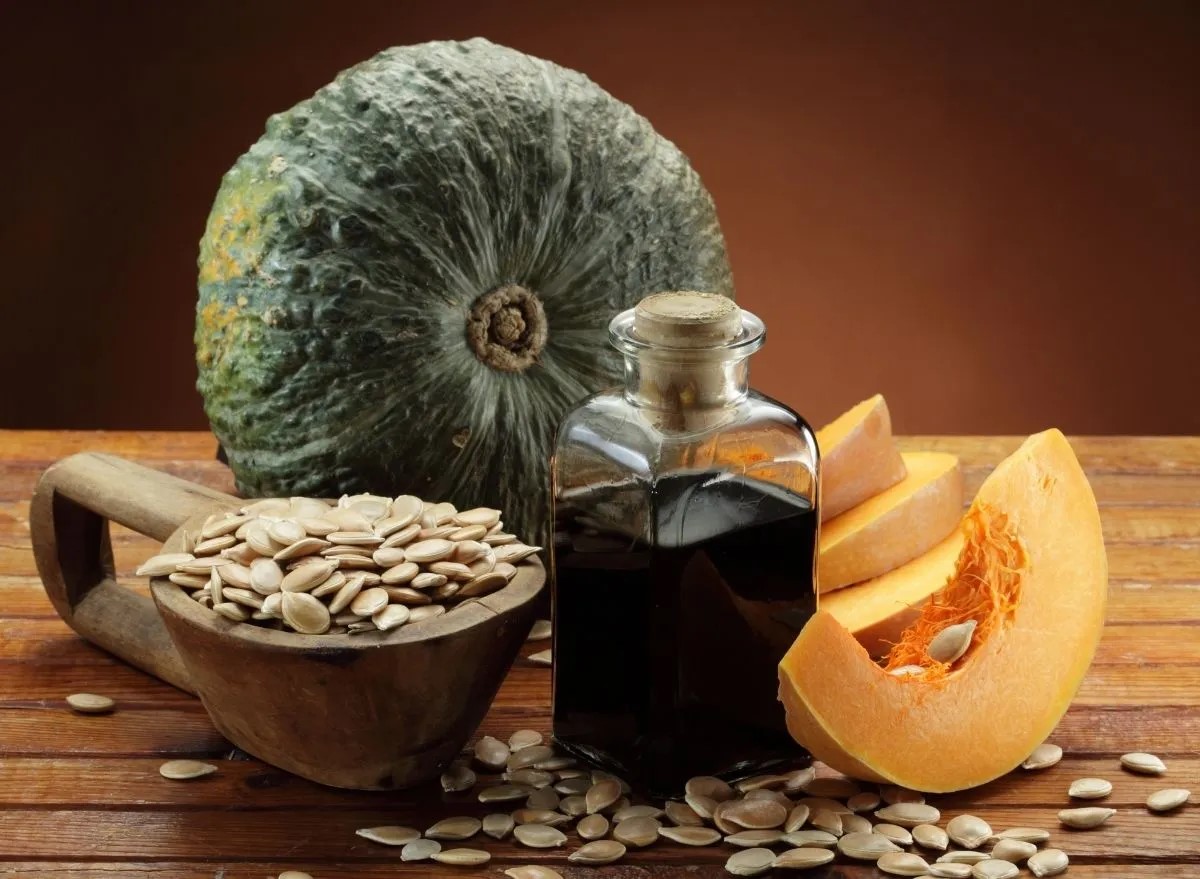
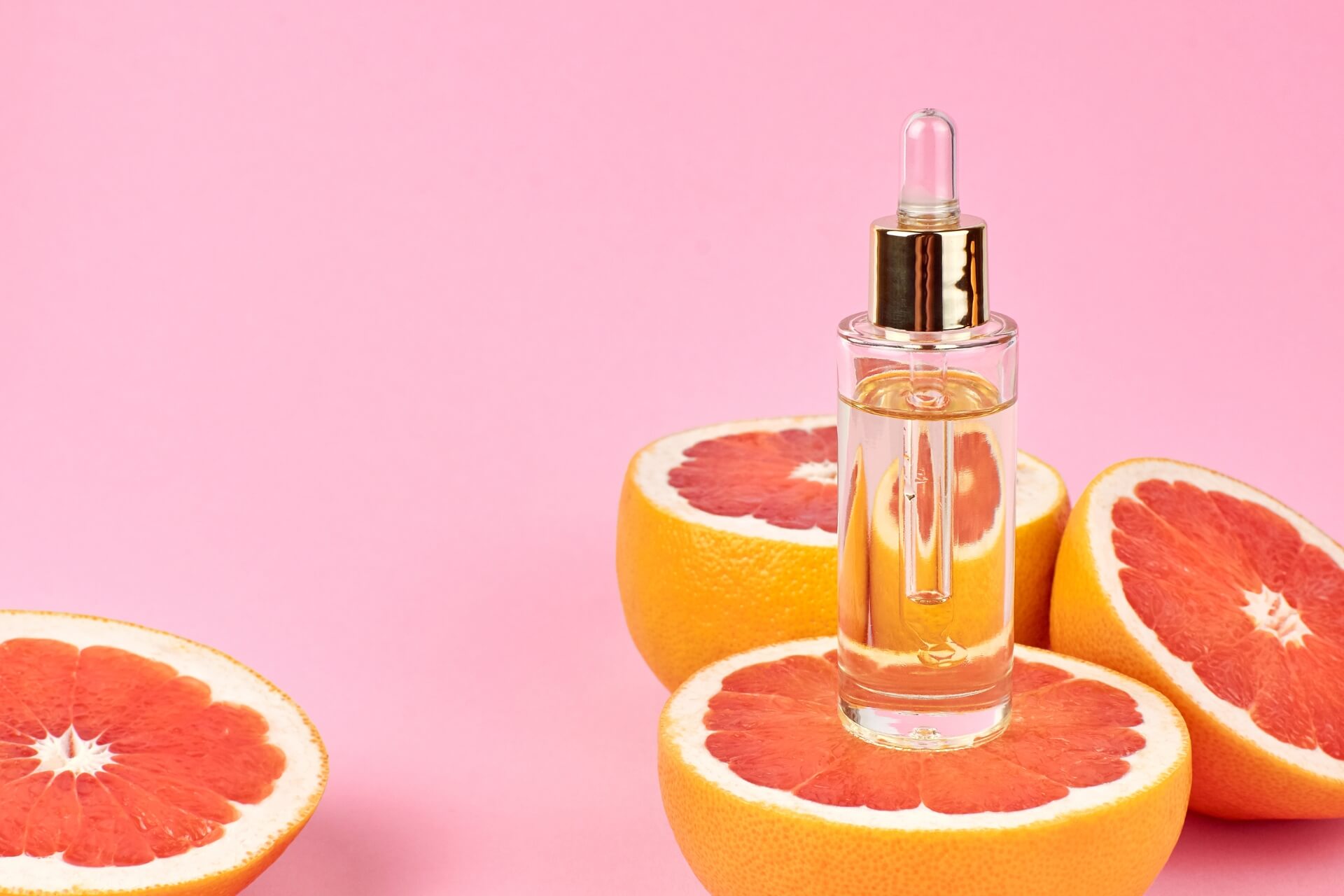


0 thoughts on “What Does Rosehip Seed Oil Do”